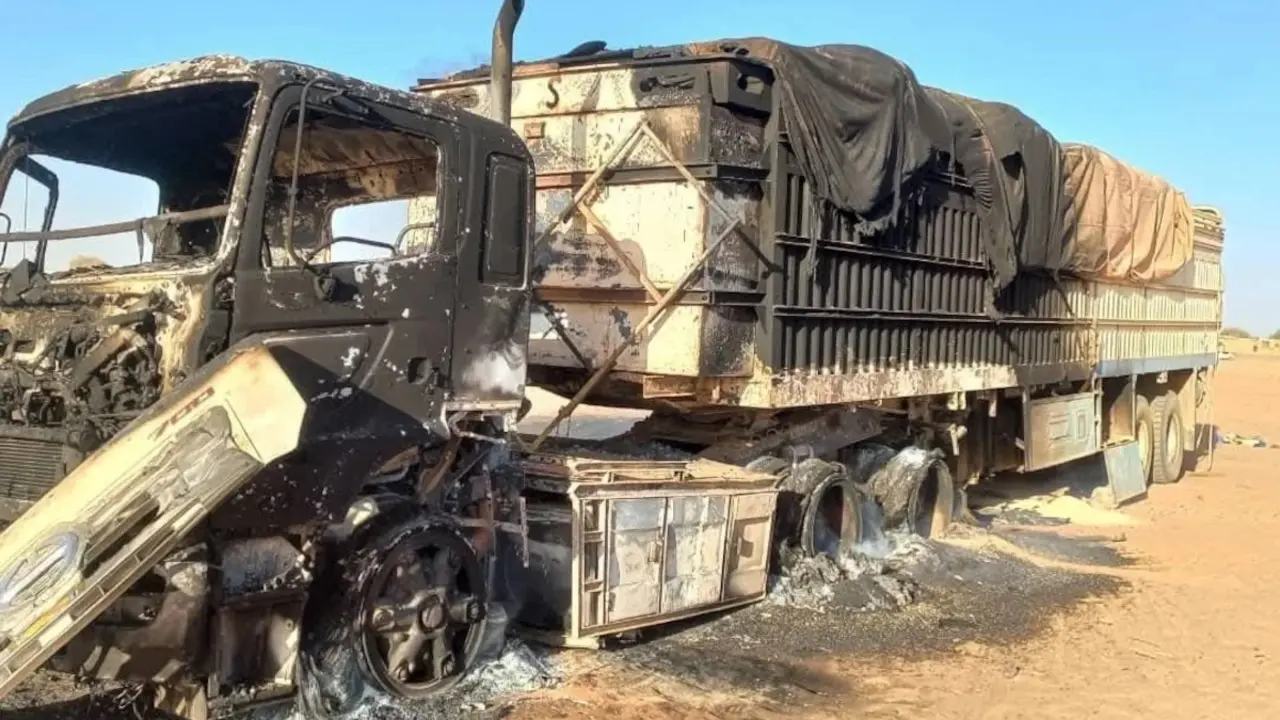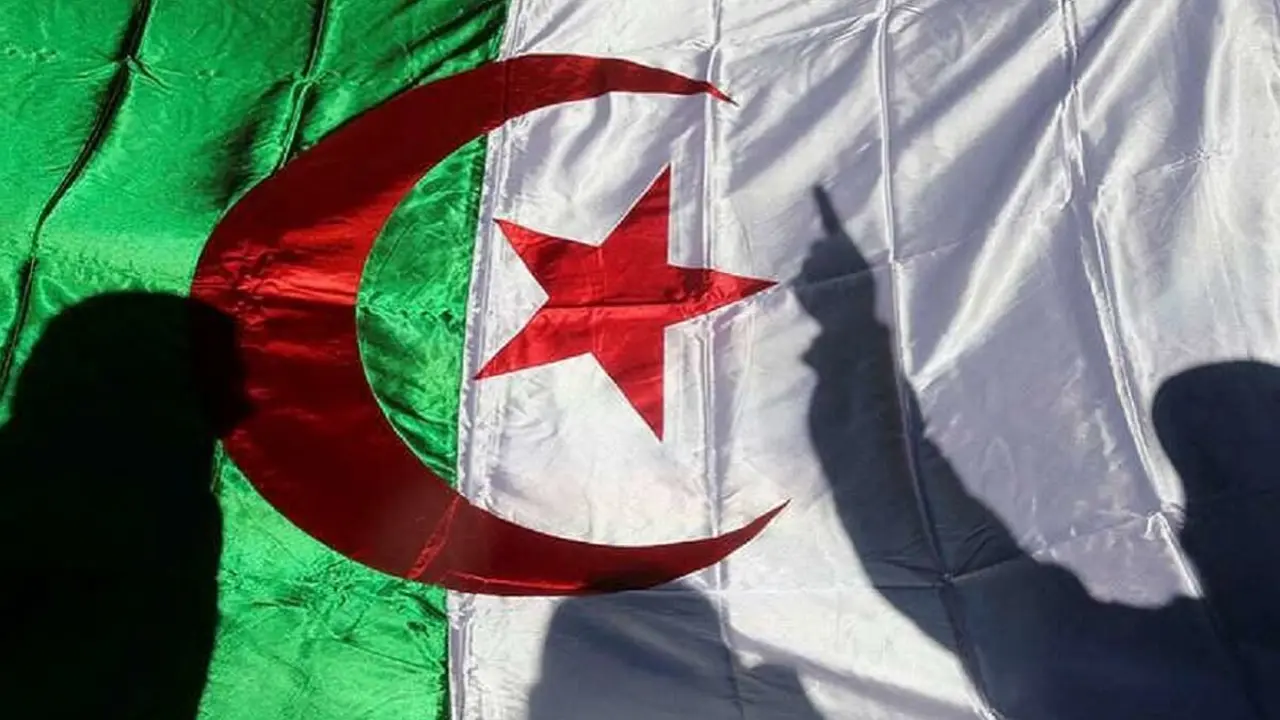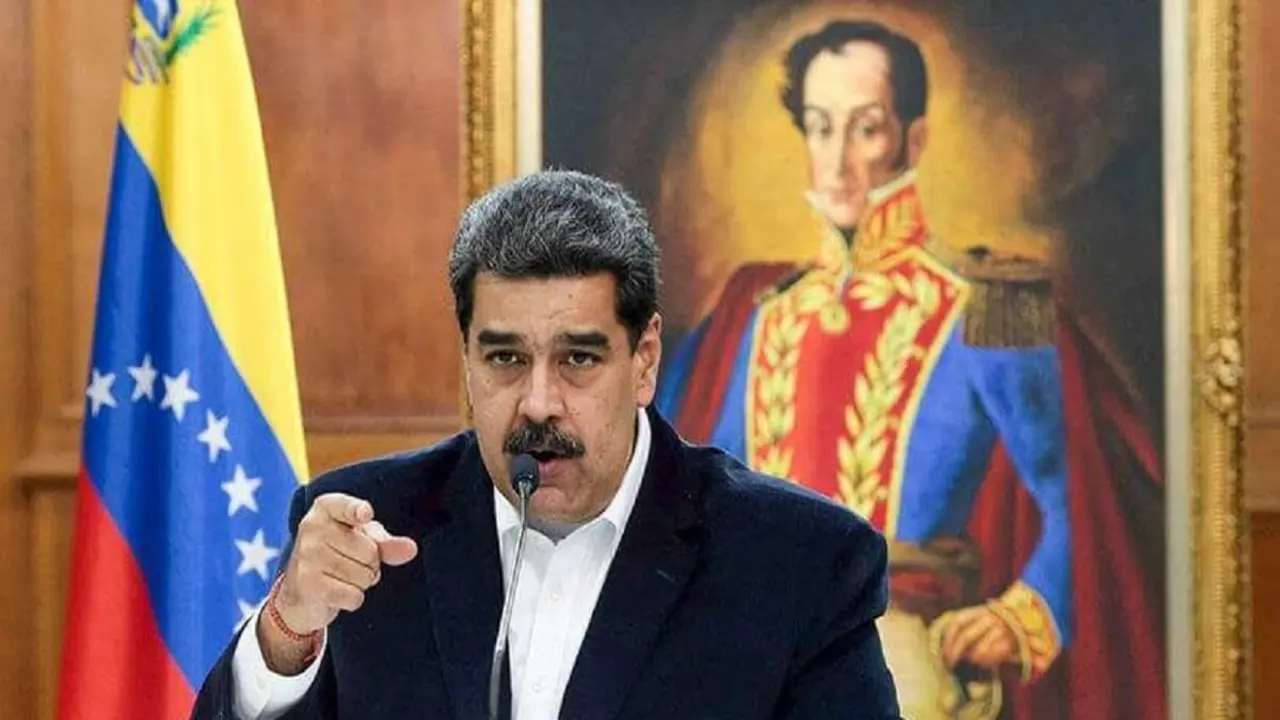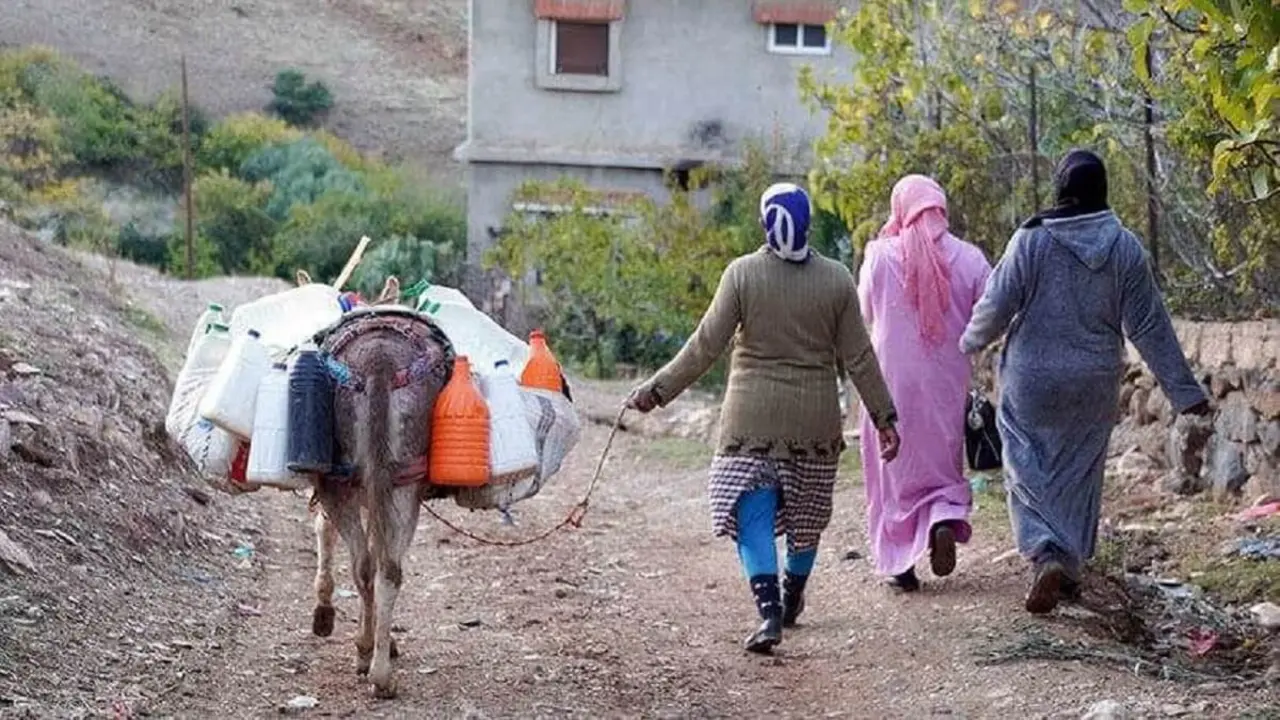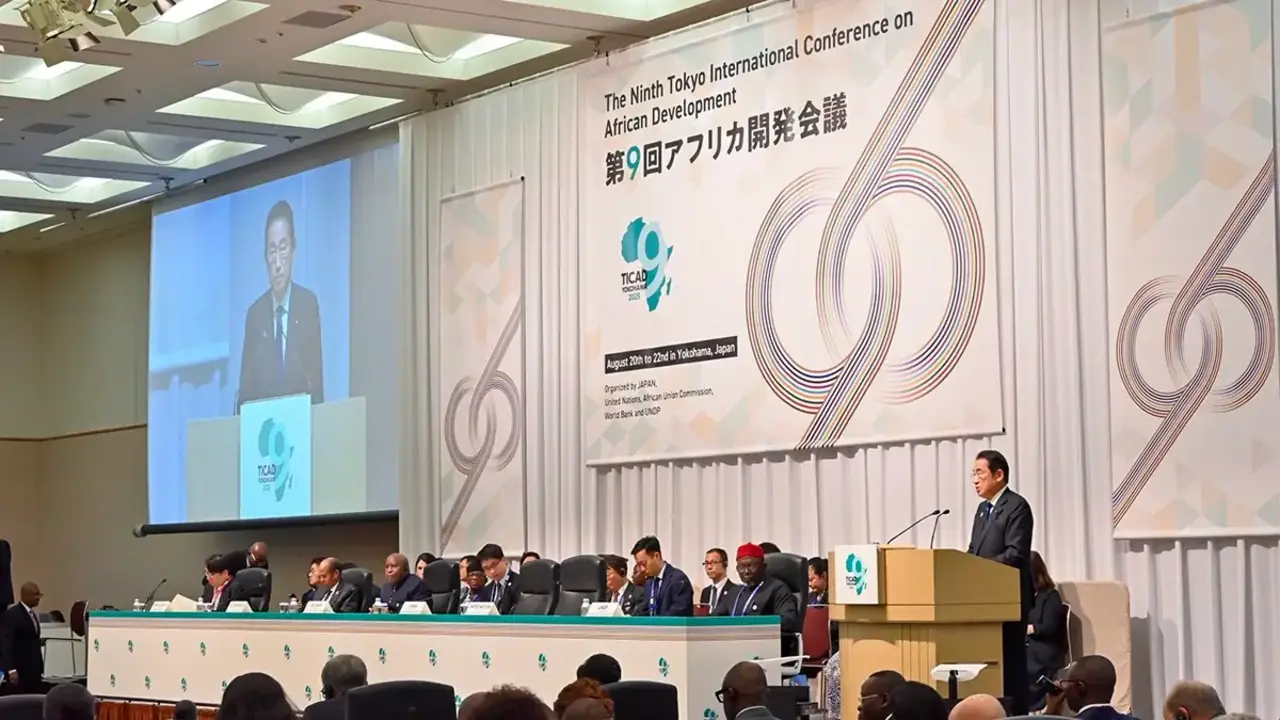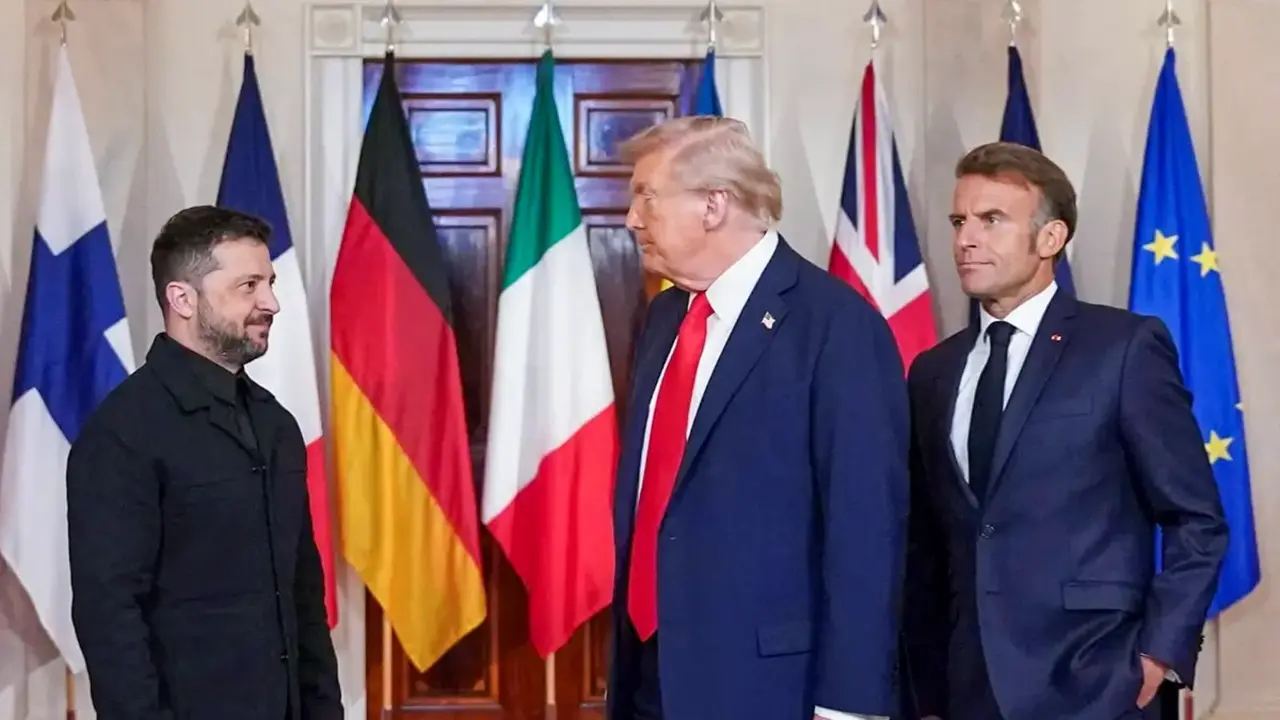Russia and Egypt review their relationship and discuss Libya

North Africa and the Middle East are undergoing a major social and political transformation. This is why Egypt's foreign minister, Sameh Shoukry, has discussed the latest developments with his Russian counterpart, Sergey Lavrov, in a phone call, particularly the issue of the peace process in Libya.
The two officials exchanged views on the regional situation and recent progress in efforts to reach a solution to the Libyan conflict. The peace process at various levels is bearing fruit, but the intervention of Qatar and Turkey could delay the process.
Libya is facing a complete state restructuring, from the drafting of a new constitutional text to the reconciliation of governments, opposing armies and the resumption of oil production.
Throughout this week it was announced that the "force majeure state" at the Al-Fil oil field, the second largest in western Libya and key to the energy supply in the capital, which has been subject to continuous cuts in electricity, city gas and running water for months, will be lifted.
Also, the local oil company Al-Waha, a subsidiary of the NOC, announced the end of the "force majeure" status in the oil ports of Sidra and Ras Lanuf, the most important ones in the Gulf of Sirte, the heart of the Libyan oil industry.
This is part of Libya's strategy to recover the 800,000 barrels of crude oil per day, and the million units at the beginning of December, after more than eight months of blockade.
Both Russia and Egypt are closely following the peace process, which is progressing slowly towards a peaceful resolution. On 23 October the warring parties agreed on a permanent ceasefire. This was welcomed by the United Nations and the neighbouring North African countries.
The signing of this permanent ceasefire signifies the consolidation of the provisional ceasefire agreed in August by the Tripoli National Accord Government (NAG) led by Fayez Sarraj and the interim government of the Tobruk House of Representatives, led by Aguila Saleh and a supporter of Jalifa Haftar, marshal of the Libyan National Army (LNA).
In addition, flights between the Libyan capital and Benghazi resumed last Friday after an 18-month hiatus. "The 5+5 Joint Military Commission talks in Geneva have culminated in a historic achievement," the United Nations said in a statement.
The meeting between the Russian and Egyptian foreign ministers took place over the phone as, according to the Russian news agency, TASS, Lavrov went into self-isolation after being in contact with a carrier of the COVID-19. The ministry's press service told TASS that the minister, however, is feeling well.
On Thursday, Shoukry expressed Egypt's willingness to cooperate with Russia in the joint manufacture and production of the coronavirus vaccine. Venezuela, Brazil, Cuba, India and sixteen other countries are collaborating with volunteers in the testing process of the Russian Sputnik V vaccine, which is expected to be ready by early 2021.
The Egyptian minister expressed Egypt's full solidarity with Russia in the face of the coronavirus pandemic and affirmed the need for continued coordination between the health committees of the two countries to combat the new virus.
On the issue of energy and transport, Shoukry and Manturov praised the cooperation between the two countries in the field of railways, especially following the recent agreement to import 1,300 train carriages from Russia to Egypt. From Egypt they consider that "it is the most important agreement in the history of the Egyptian railway".
On another note, during the call the ministers discussed the development of the Dabaa nuclear power station in Egypt and reaffirmed their commitment to taking the project forward. The Dabaa is a project that comprises four nuclear plants, each with a capacity to generate 1,200 megawatts.
And with respect to the Suez Canal, Shoukry expressed his country's commitment to progress towards the completion of the procedures for implementing the Russian industrial zone project in the area, which will be one of the largest strategic cooperation projects between the two parties.


